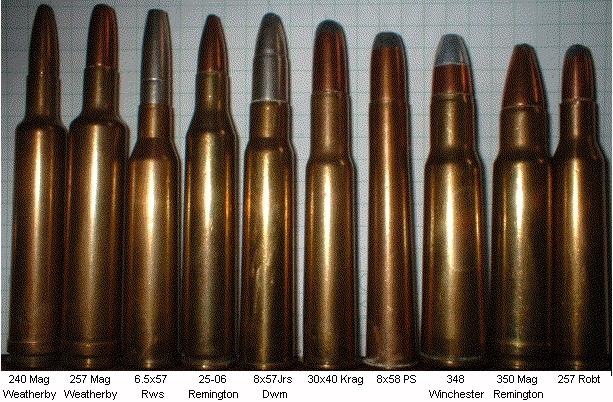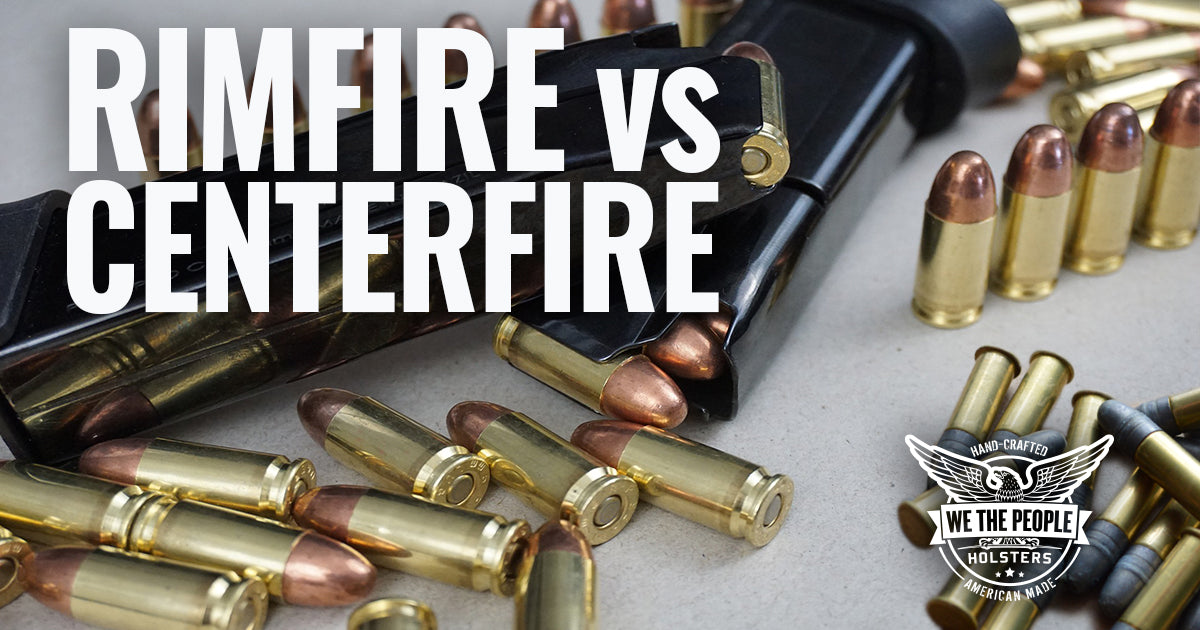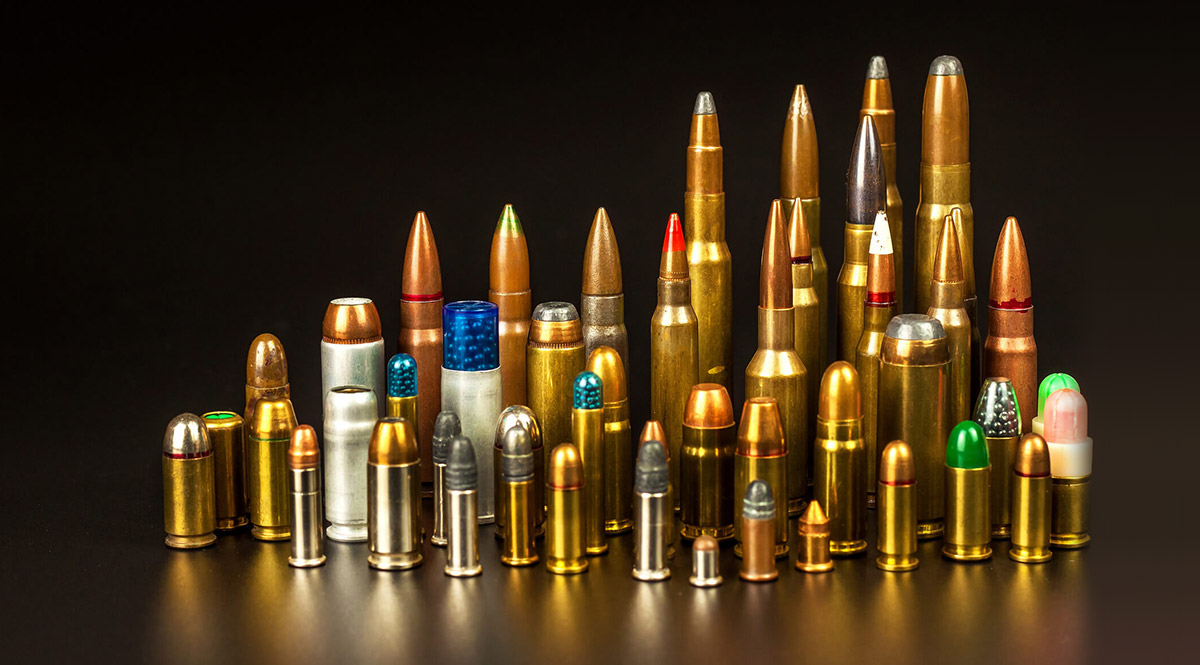9 Easy Facts About Ammunition Pro Llc Shown
9 Easy Facts About Ammunition Pro Llc Shown
Blog Article
Top Guidelines Of Ammunition Pro Llc
Table of ContentsThe Definitive Guide for Ammunition Pro LlcAn Unbiased View of Ammunition Pro LlcThe Of Ammunition Pro LlcNot known Details About Ammunition Pro Llc Ammunition Pro Llc - An Overview
The standard parts of ammunition are the exact same for rifle, gun, and shotgun ammo. Recognizing just how ammo works is a vital facet in being an accountable weapon owner. Today we're taking a look at the what the standard parts of ammunition are and just how they function with each other to discharge a round. The fundamental components of ammunition shown on a 9mm. Ammo Retailer round.The bullet is seated in the open end of the situation. When you fire a bullet out of a semi-auto weapon, the gun's extractor lifts the situation from the shooting chamber and it flies out of the gun.
A weapon's shooting pin strikes a cartridge's guide. The guide is a steel mug that holds an explosive chemical compound. When the shooting pin strikes the guide cap, it crushes the priming compound against the anvil. This produces a little explosion in case that stirs up the propellant. The guide is located in the edge of the case of a rimfire cartridge.
Excitement About Ammunition Pro Llc
Gunpowder following to the case that normally contains it. It is typically a mixture of saltpeter, charcoal, and sulfur.

We call the projectiles for shotshells, which we discharge with shotguns, slugs and shot. A slug is one solid item, normally made out of lead. Shot is a team of pellets made out of lead, steel, bismuth, or tungsten alloy. Shot pellets can can be found in various dimensions and quantities. Now that you have a basic understanding of the standard parts of ammo, you can feel a little extra certain in how your weapon and ammo feature!.
All About Ammunition Pro Llc
Stay on par with Special Deals, Development Notification of Sales, and Shop Events
Fun fact: Grains are utilized to define the mass of a bullet because completely back in the very early days of weapons, it was an apothecary's device of measurement, and a typical measure was required to establish just how much lead to use to make cast lead bullets (Ammunition for Sale). 'Grains' as an unit of action for weight goes all the means back to old times, and represents the weight of a grain of wheat

(https://www.creativelive.com/student/ammunition-pro?via=accounts-freeform_3)For recommendation, the weight of a paper clip is about 16 gr. So, we understand that grains are an action of mass, and much more = much heavier, and heavy is excellent, right? Yes, hefty is great, however mass of the projectile isn't the only thing you need to think about when picking a round for your firearm.
The Only Guide to Ammunition Pro Llc
This spin is produced by grooves reduced or inculcated the inside of the barrel, which are described as 'gunning'. Fun fact, this is the beginning of the term "Rifle" ex-spouse. A rifled musket vs. smoothbore firearm. The effect this spin has on projectiles is a stabilizing one the bullet turning maintains the nose pointed directly, in the exact same way that a flawlessly spiraled football toss is mosting likely to be a lot more stable and exact in flight than an unsightly duck, end over end throw.
Exactly how does this associate to grain weight? Imagine you're on one of those playground slide carousels, the ones with bars you hold on to while it spins.
Or in the situation of the carnival adventure, you begin to really feel heavier. The even more mass you have (weight), the extra you will feel this result. The same impact occurs with bullets. The heavier the projectile, the more effect a quicker rotate will certainly have on it. This is why you tend to see slower twist rates for heavier, slower projectiles, and much faster spin rates for lighter, greater speed projectiles.
Ammunition Pro Llc for Dummies
There's an additional variable that we have to take into consideration when picking a grain weight for our ammunition. As hinted at above, bullet speed, or the speed of the projectile, is a significant aspect when establishing the most effective grain weight projectile to use. Speed is affected by a couple of significant aspects, including the kind and quantity of propellant (gunpowder), barrel length, and bullet weight.

The most typical grain weight rounds for 9x19mm cartridges are 115gr and 124gr. These are typically lead core, totally jacketed (FMJ) rounds. Both of these grain weight cartridges will execute well in factory 9mm handguns, to typical gun distances (approximately 50 backyards). 115 grain rounds are one of the most common (and therefore least costly).
Report this page